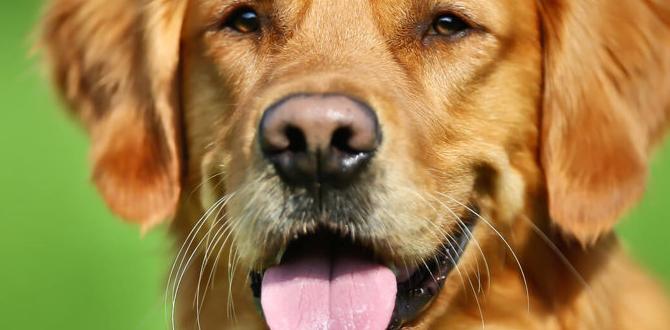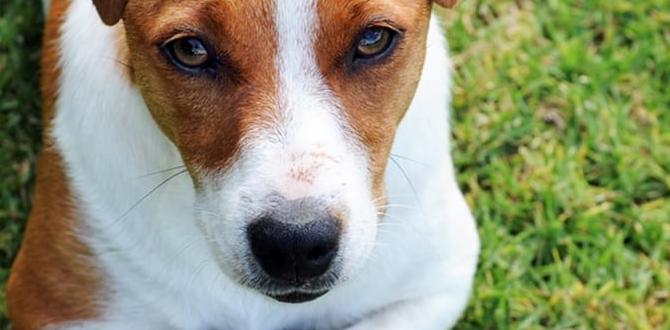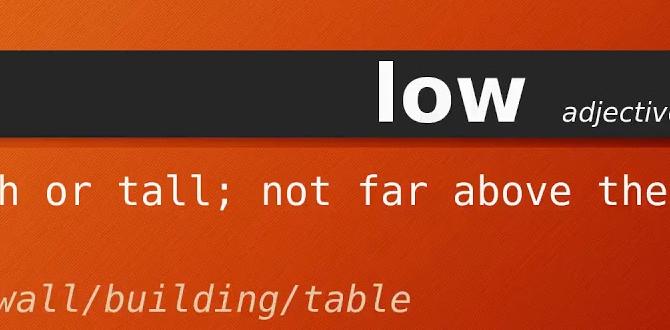Hypoallergenic low-fat dog food for German Shepherds can be a game-changer for owners dealing with sensitive stomachs, allergies, or weight management issues in their beloved canine companions. German Shepherds, known for their intelligence, loyalty, and striking appearance, are also prone to certain health concerns that can be significantly alleviated with the right diet. This specialized food option addresses both their dietary sensitivities and their common predisposition to weight gain, offering a balanced approach to their nutritional needs.
German Shepherds are a breed that often demands a lot from their bodies. Whether they’re working dogs, active companions, or cherished family pets, they require a diet that supports their robust muscle mass, energy levels, and overall health. However, this active lifestyle can sometimes be hampered by digestive upsets or the need to shed a few extra pounds. Furthermore, like many purebred dogs, German Shepherds can have sensitivities to common ingredients found in many dog foods. This is where the importance of a carefully selected dietary regimen comes into play.
Understanding Allergies and Sensitivities in German Shepherds
Canine allergies can manifest in various ways, from itchy skin and ear infections to gastrointestinal distress like vomiting and diarrhea. For German Shepherds, common culprits for these reactions often include certain proteins (like beef, chicken, or dairy), grains (corn, wheat, soy), and artificial additives. When an ingredient triggers an immune response, the dog’s body overreacts, leading to uncomfortable and sometimes chronic symptoms. Identifying the specific allergen can be a complex process, often involving elimination diets and veterinary consultation.
Once an allergen is identified, the next crucial step is to find a food that strictly avoids it. This is where hypoallergenic low-fat dog food for German Shepherds truly shines. These formulations are typically designed with novel protein sources (like duck, venison, lamb, or fish) that the dog is less likely to have encountered and, therefore, less likely to react to. They also often utilize alternative carbohydrate sources like sweet potatoes or peas, avoiding common grain allergens. The “hypoallergenic” aspect is paramount for relief, ensuring that the dog no longer experiences the discomfort associated with their specific sensitivities.
The Importance of Low-Fat Content for the Breed
Beyond allergies, weight management is another significant concern for German Shepherds. Their sturdy build, while a breed characteristic, can also make them susceptible to becoming overweight, especially if their activity levels decrease or their caloric intake is too high. Excess weight puts undue stress on their joints, particularly their hips and elbows, which are already areas prone to conditions like hip dysplasia. This can lead to pain, reduced mobility, and a shortened lifespan.
A low-fat diet is instrumental in controlling caloric intake without compromising on essential nutrients. It helps in gradual and healthy weight loss or in maintaining an ideal body condition. For German Shepherds, who are prone to digestive issues, a lower fat content can also be easier on their system, reducing the risk of pancreatitis and improving overall digestion. The focus shifts to nutrient-dense ingredients that provide sustained energy without contributing to unnecessary fat accumulation.
Selecting the Right Hypoallergenic Low-Fat Dog Food for German Shepherds
When navigating the market for hypoallergenic low-fat dog food for German Shepherds, several key factors should guide your decision:
Ingredient List is King: Scrutinize the ingredient list. Look for single, novel protein sources and easily digestible carbohydrates. Avoid artificial colors, flavors, preservatives, and common allergens if your dog has known sensitivities. The first few ingredients should be identifiable and beneficial.
Veterinary Consultation: Before making a switch, always consult with your veterinarian. They can help diagnose allergies, recommend specific ingredients to avoid or include, and suggest suitable brands or formulas based on your dog’s individual needs and health history.
Nutritional Adequacy: Ensure the food is complete and balanced, meeting the AAFCO (Association of American Feed Control Officials) nutritional standards for adult dogs. This guarantees your German Shepherd is receiving all the necessary vitamins, minerals, and macronutrients.
Palatability: Even the most beneficial food won’t be effective if your dog refuses to eat it. While you’re prioritizing health, don’t overlook taste. Some brands offer limited-ingredient options that are still appealing to picky eaters.
* Transition Period: When introducing any new food, do so gradually over 7-10 days. Mix increasing amounts of the new food with decreasing amounts of the old food to prevent digestive upset.
Benefits of a Tailored Diet
The advantages of feeding your German Shepherd a hypoallergenic low-fat dog food for German Shepherds are manifold. You’ll likely witness a significant reduction in skin irritations, ear infections, and digestive complaints. A healthier weight will translate to better mobility, less joint discomfort, and increased energy levels. This dietary shift can lead to a happier, more comfortable dog with a better quality of life.
Ultimately, a proactive approach to your German Shepherd’s nutrition, especially when dealing with sensitivities or weight concerns, is an investment in their long-term well-being. By carefully selecting a hypoallergenic, low-fat dog food, you are providing them with the essential building blocks for a healthy, active, and fulfilling life.
Meet Elyse Colburn, the devoted canine companion and storyteller behind the enchanting world of “Tales, Tails, and Adventures Unleashed.” A passionate dog enthusiast with a heart full of paw prints, Elyse Colburn shares heartwarming tales and insightful adventures, celebrating the joy, loyalty, and endless antics that make every dog a true hero. Join Elyse Colburn on this tail-wagging journey, where every post is a love letter to our four-legged friends.





